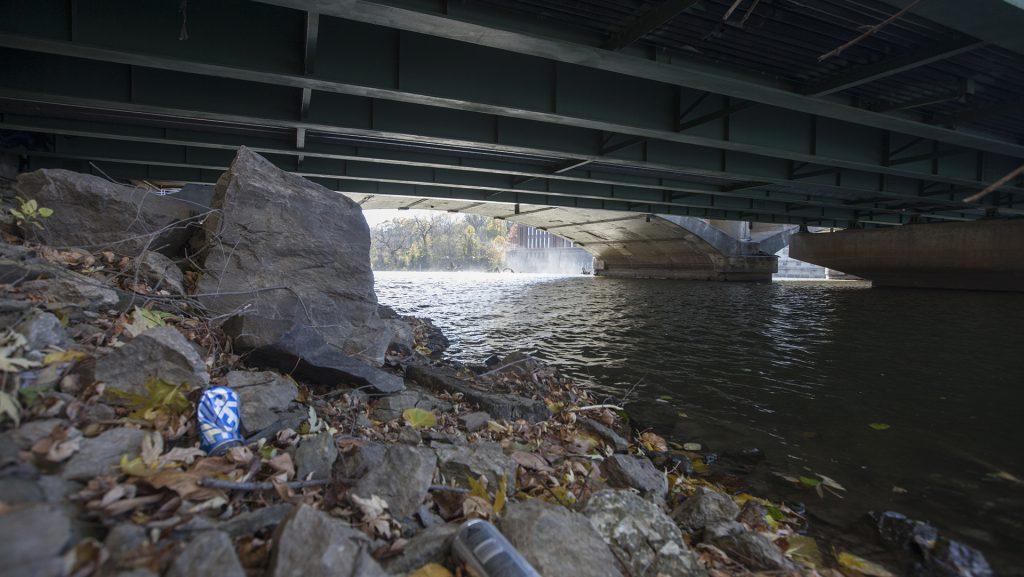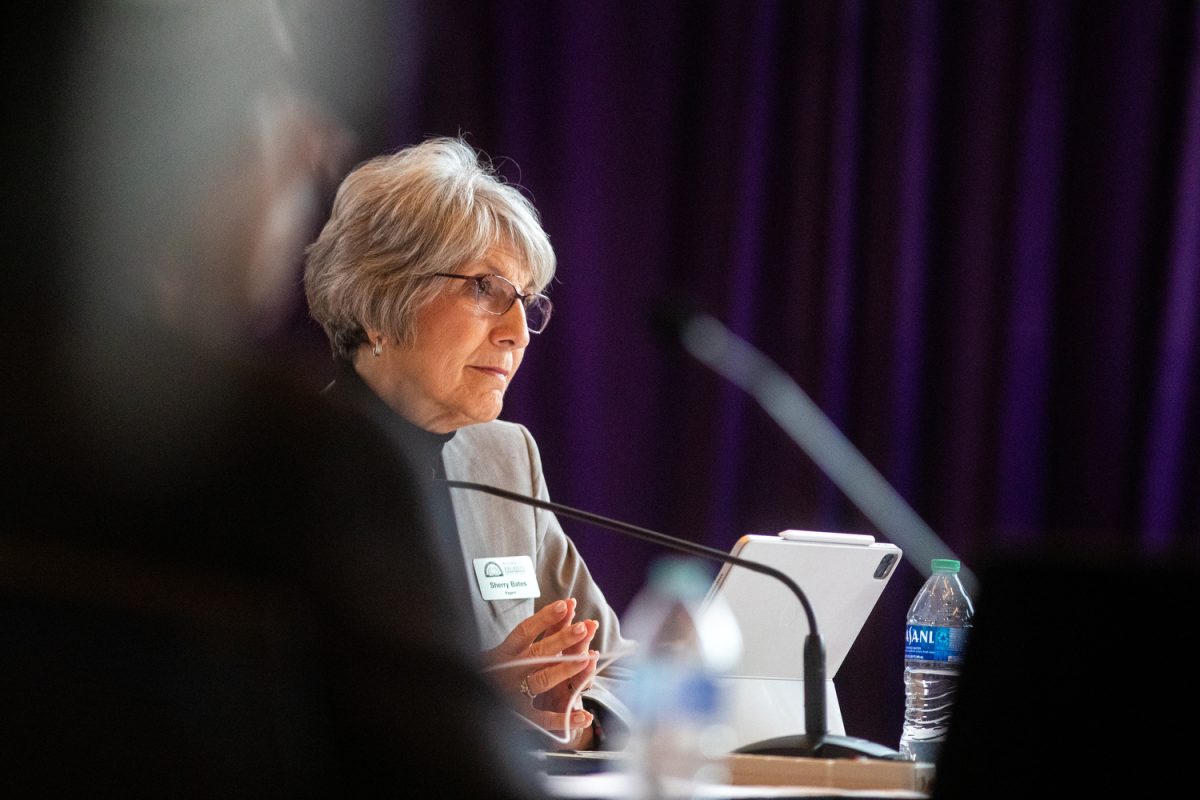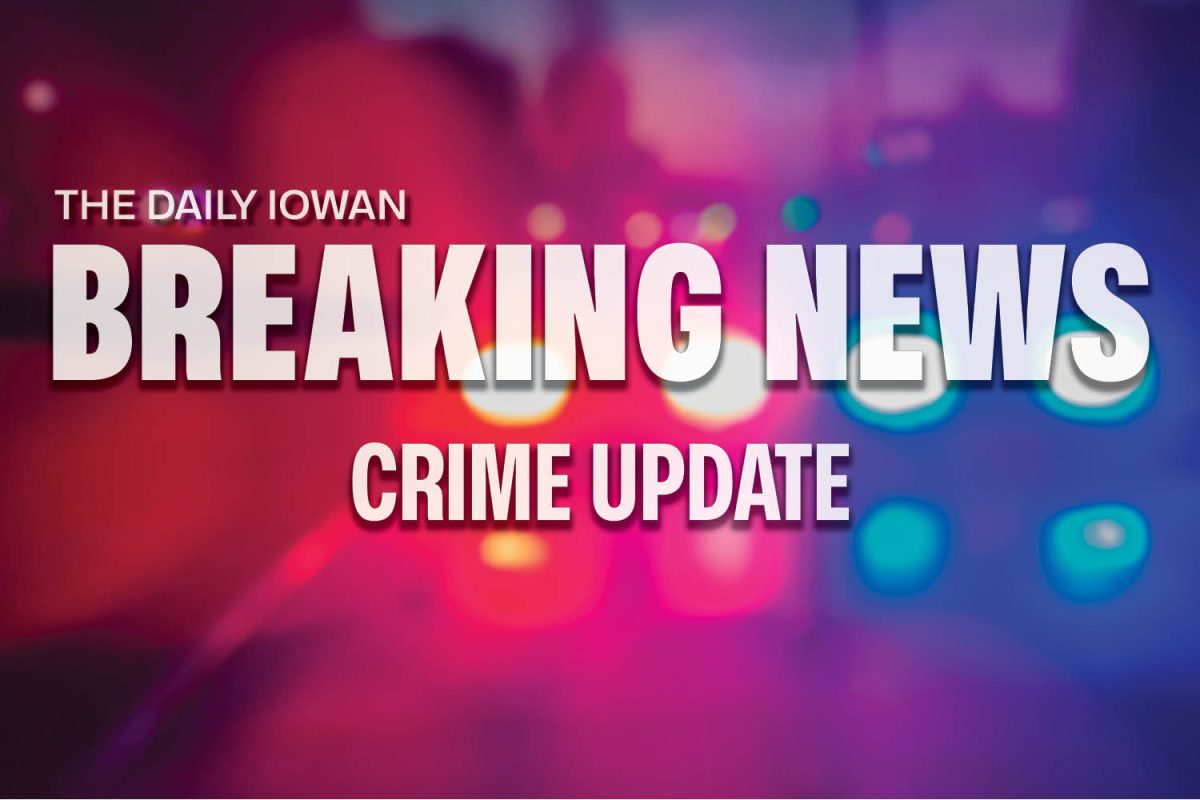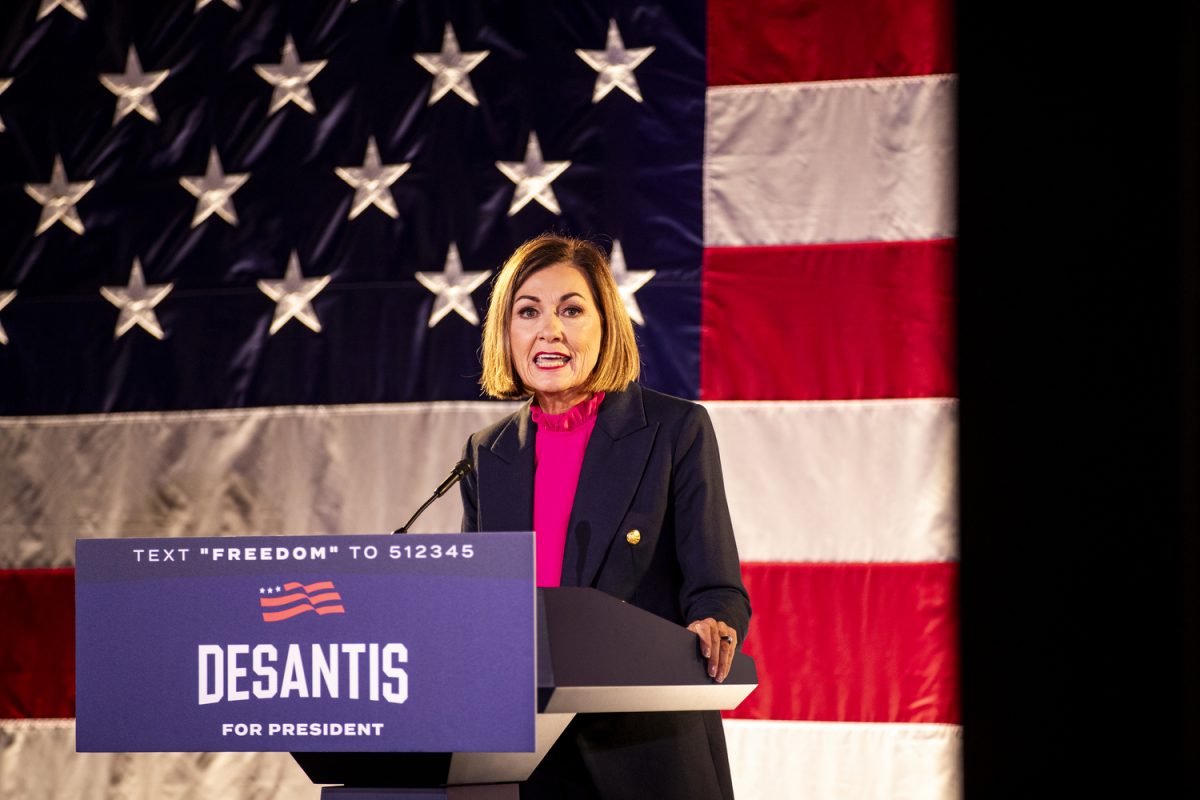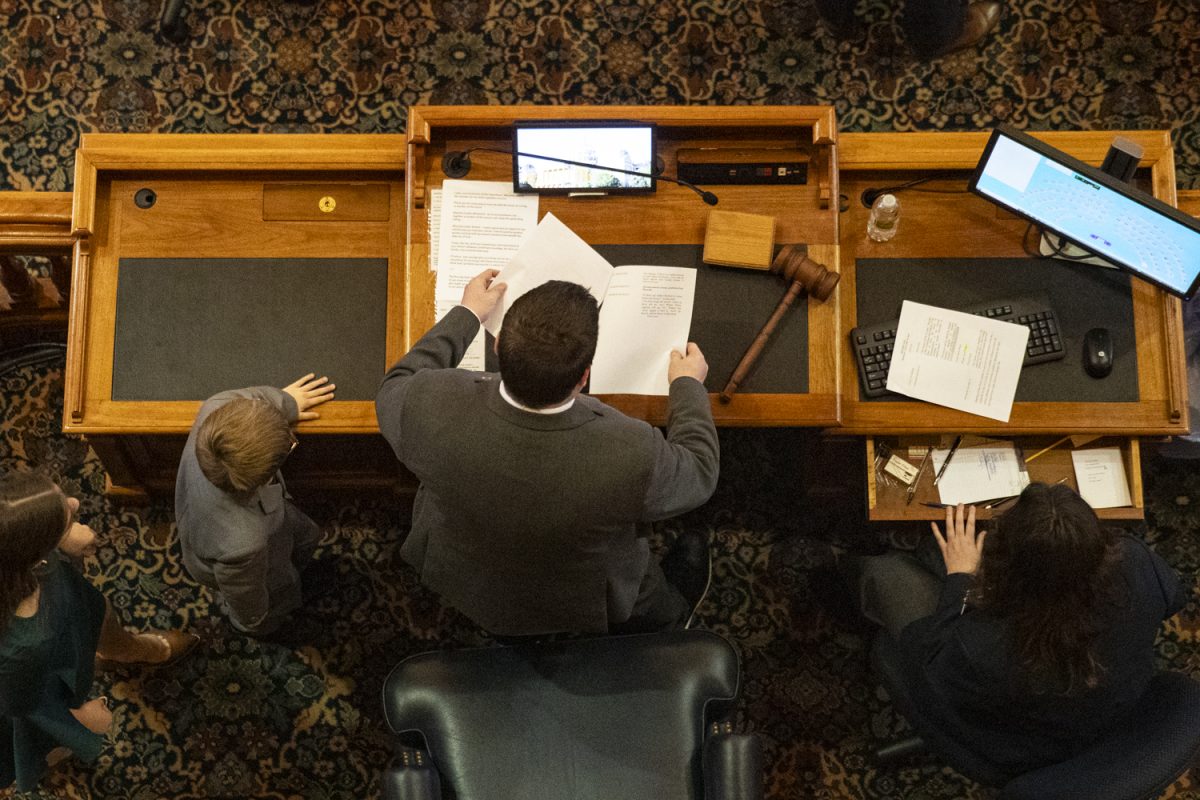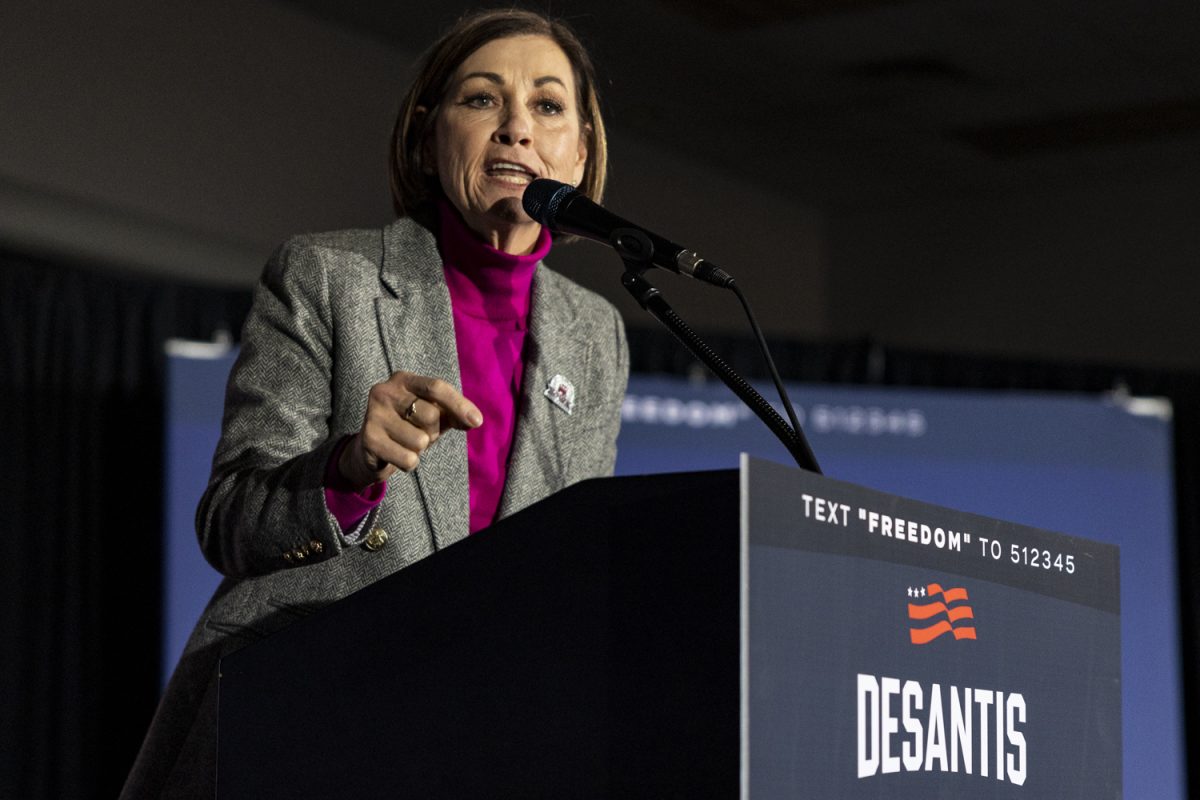Rep. David Young, R-Iowa, has proposed the Water Quality Conservation Act after he discussed water-conservation solutions at his annual Bringing in the Harvest Agriculture Tour.
Water-quality workers in Taylor County have expressed the need for fewer government regulations when it comes to their waterways. Some residents of Taylor County don’t think Washington’s solutions are specific enough to their area.
The bill would use existing federal money to fund projects that increase nutrient retention in soil, reduce soil erosion, and promote soil health and overall water quality.
The existing money would help to push this legislation through to the farm bill. By using precision agriculture locally, farmers would not be restricted to the defined set of strategies given by the government.
RELATED: Monitoring water quality goes local
The legislation would harness new technology to pinpoint which areas water-quality-conservation techniques would be most effective. Once a farmer finds an effective strategy that best suits her or his property, he or she can pass the strategy along to farmers with similar soil.
Cole Staudt, a deputy communications director in Young’s office, described how soil composition, nutrients, and water elevation differ in each area.
“By allowing farmers to pair with community members, we can find out the most effective and targeted solutions,” Staudt said.
In July 2017, the Iowa Department of Natural Resources localized volunteer water-quality monitoring, which was put in place in 1998. The program has since taken on a local focus to involve community members.
The water-quality act uses a similar idea. For farmers to improve their water-quality conservation, they need to use their own precision plan.
RELATED: Taking the lead in water quality
“There are farmers out there trying to do the right thing, and sometimes the government gets in the way of that,” Staudt said.
The legislation took research from several organizations in Iowa, including Iowa State University, the Iowa Farm Bureau Federation, and the Iowa Nature Conservancy.
Kristin Aschenbrenner, the external affairs manager at the Nature Conservancy, said Young has long been dedicated to sitting down and having robust conversations about issues such as water quality. Conservancy workers monitor water-quality changes and work to protect soil and wildlife.
Aschenbrenner said the organizations played a collaborative role in the solutions put forth in the bill, and she had feedback on the drafted legislation.
She said that Young understands the collaborative nature of the water-quality problem, and that it is something that needs to be solved collectively. Having input from various parties, she said, allows discussion for what watersheds need to be worked in and what work needs to be done in those areas.
“We want to make sure that what we’re doing is science-based to allow for innovation,”Aschenbrenner said.
Bringing water-quality conservation to the local level is the main goal in the legislation, along with providing common solutions among Iowa farmers.





